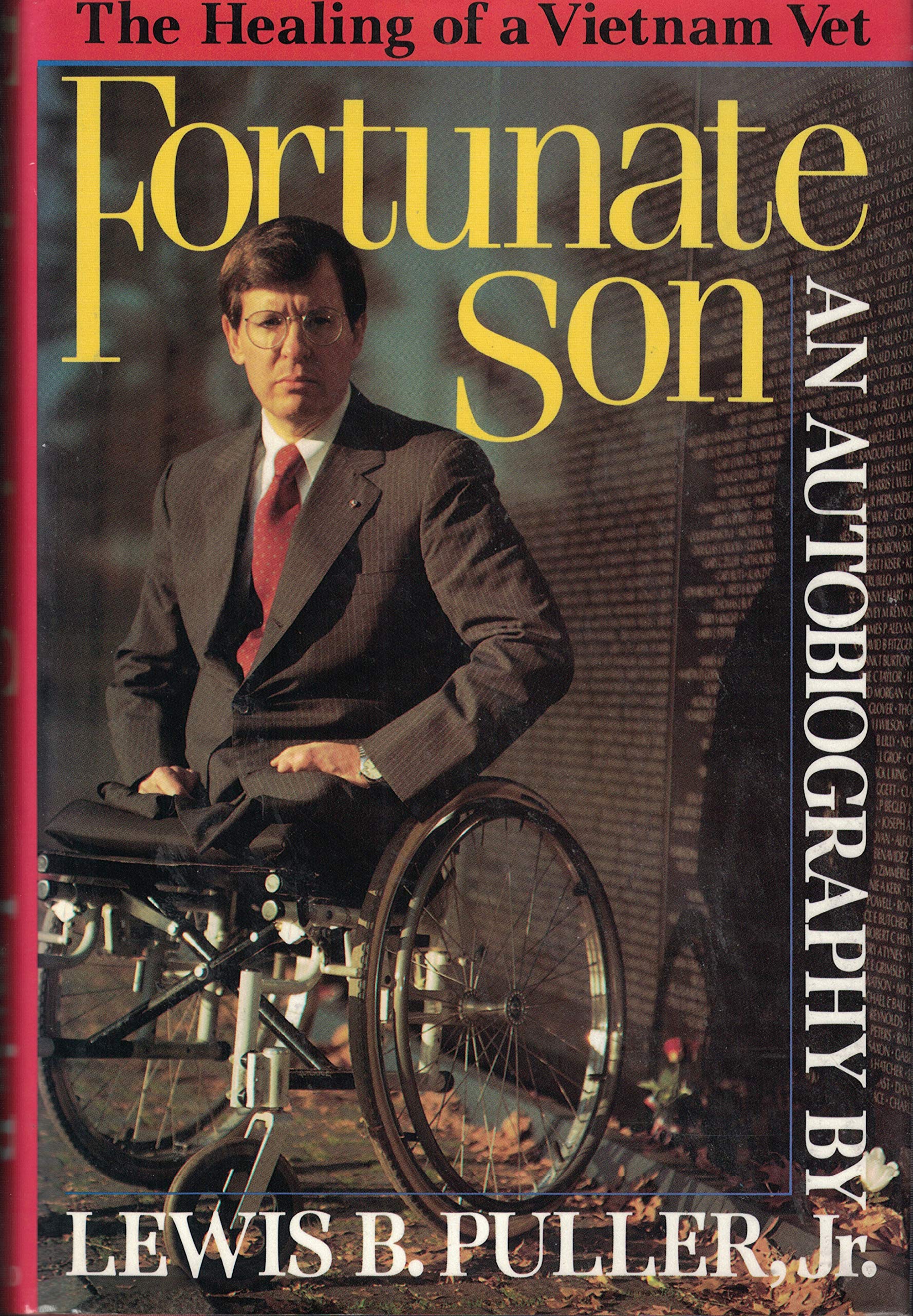Hardcover, 389 pages
English language
Published May 17, 1991 by Grove Weidenfeld.

Hardcover, 389 pages
English language
Published May 17, 1991 by Grove Weidenfeld.
Lewis B. Puller, Jr.—the son of "Chesty" Puller, a hero of World War II and the Korean War and the most decorated marine in the corps's history—grew up in a family whose strongest tradition was that of serving one's country. Upon graduation from college at the height of the Vietnam War, young Lewis almost inevitably joined the Marine Corps, and his firm intention of commanding infantry troops was fulfilled with a tour of duty in Vietnam in the summer of 1968. A few months later, he returned home to his wife and soon-to-be-born child missing his left leg above the knee, his right leg at the torso, most of his left hand, and a thumb and a finger of his right hand.
Lewis Puller would never walk again, though he would complete law school, serve on President Ford's Clemency Board, and run for Congress from Virginia. He would also live …
Lewis B. Puller, Jr.—the son of "Chesty" Puller, a hero of World War II and the Korean War and the most decorated marine in the corps's history—grew up in a family whose strongest tradition was that of serving one's country. Upon graduation from college at the height of the Vietnam War, young Lewis almost inevitably joined the Marine Corps, and his firm intention of commanding infantry troops was fulfilled with a tour of duty in Vietnam in the summer of 1968. A few months later, he returned home to his wife and soon-to-be-born child missing his left leg above the knee, his right leg at the torso, most of his left hand, and a thumb and a finger of his right hand.
Lewis Puller would never walk again, though he would complete law school, serve on President Ford's Clemency Board, and run for Congress from Virginia. He would also live with nightmares about his wounding in Vietnam, daytime horrors of feeling that he had been "used up and dis-carded," and a growing dependence on alcohol. But amid his struggles both mental and physical, Lewis Puller's greatest challenge was to wrestle with his father's legacy to attempt to come to terms with both its honor and its snares: "If I could now summon the courage to forgive my government, to forgive those whose views and actions concerning the war differed from mine, and to forgive myself, I could perhaps move into the present, attain a degree of serenity, and find the reason for which I had been spared, first in Vietnam and then a second time, an alcoholic death:'